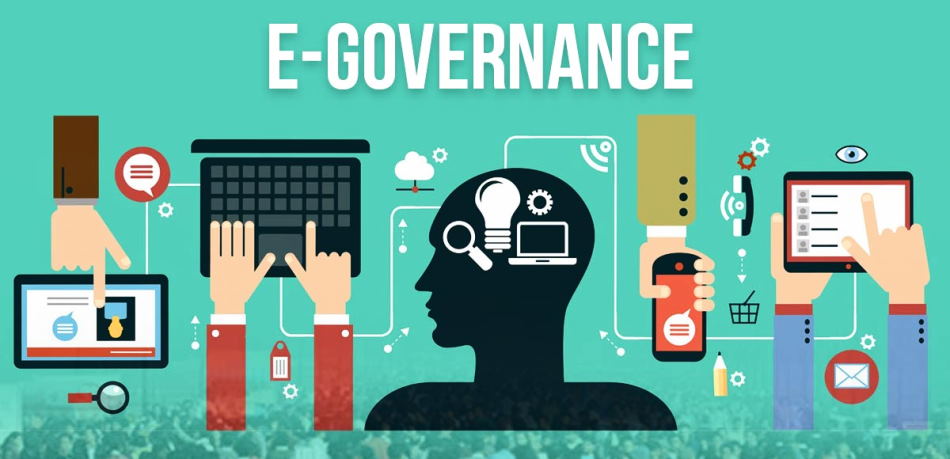
Citizen participation in e-governance is essential to the success of any society. E-governance allows for a more effective, efficient, and transparent government that is responsive to the needs of its citizens. When citizens are involved in the governance of their country, they are more likely to hold their government accountable and demand transparency and accountability. Furthermore, citizen participation leads to better decisions being made by those in power as they are forced to consider the views of those who will be most affected by their decisions. In short, citizen participation is key to a better society.
How to engage citizens in e-governance and boost public trust
There are many ways to engage citizens in e-governance, but one of the most effective is to boost public trust. One way to do this is by ensuring that information about e-governance is easily accessible and understandable. This can be done by providing clear and concise information on websites and other online platforms and through traditional media outlets such as newspapers and television.

Another way to engage citizens in e-governance is to make it easy for them to participate in decision-making processes. This can be done by setting up online forums where people can share their views on various issues or holding public consultations on proposed changes to e-governance systems. It is also important to give people opportunities to give feedback on their experiences with e-governance to make improvements.
Finally, it is also crucial to involve civil society organizations in developing and implementing e-governance systems. These organizations can help to ensure that e-governance platforms are designed with the needs of citizens in mind and can provide valuable input on how best to engage citizens in using these platforms.
Using technology to empower citizens in the age of e-governance
The internet has transformed the way we interact with our governments. No longer are we limited to interacting with government officials during business hours or in person. We can now reach out to our government representatives anytime, anywhere using the power of the internet.

This shift towards e-governance has empowered citizens in a number of ways. First and foremost, it has made it easier for us to get in touch with our representatives and make our voices heard on the issues that matter to us. Secondly, it has given us access to a wealth of information about government policies and procedures that we can use to hold our representatives accountable. And finally, it has created new opportunities for citizen engagement in the governance process.
However, there are also some challenges that come with e-governance. One of the biggest challenges is ensuring that everyone has access to the internet and the skills necessary to use it effectively. Additionally, there is a risk that government officials will become more reliant on technology and less responsive to the needs of citizens.
Despite these challenges, e-governance offers a number of benefits that outweigh its drawbacks. By harnessing the power of technology, we can make our governments more accountable, efficient, and responsive to our needs. In doing so, we can build a better future for ourselves and our communities.

